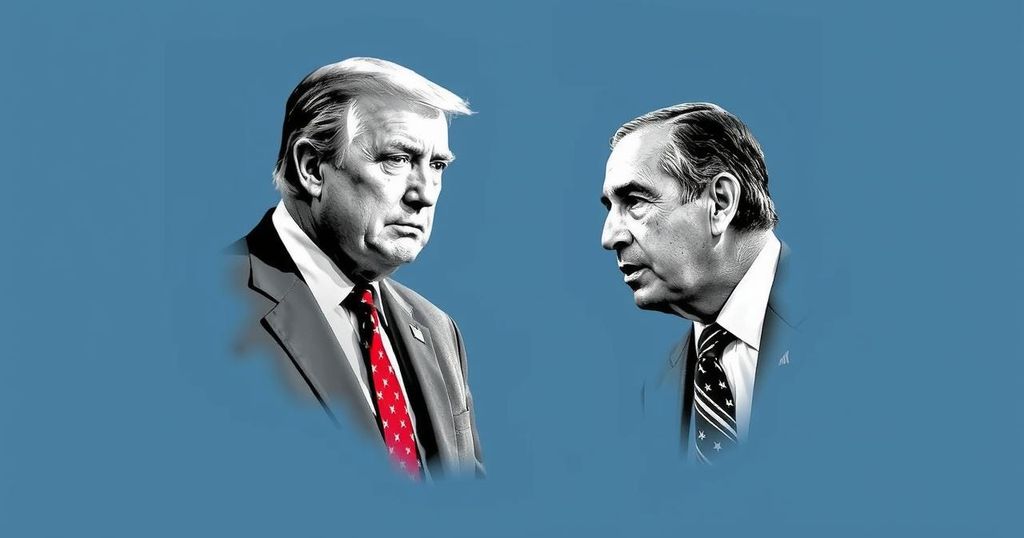Critics Warn Biden Administration’s Ceasefire Negotiations May Bolster Hezbollah
U.S. mediator Amos Hochstein’s efforts to broker a ceasefire between Hezbollah and Israel are met with concerns that such a deal may benefit Hezbollah and Iran. Israeli leaders insist on maintaining the right to respond to violations, while analysts warn that U.S. funding could inadvertently support Hezbollah. Tensions persist, evidenced by the U.S. vetoing a UN resolution on Gaza and debates in the Senate regarding military support for Israel.
U.S. mediator Amos Hochstein’s recent talks in Israel aim to negotiate a ceasefire between Hezbollah and Israel, yet there are growing concerns that such an agreement may inadvertently strengthen Hezbollah and Iran’s influence. Following discussions with Lebanon’s Parliament Speaker Nabih Berri, Hochstein reported progress but faced criticism over proposals restricting Israel’s ability to respond to Hezbollah’s actions. The Israeli government maintains that it must retain the right to act against any violations, emphasizing the need to prevent Hezbollah from threatening northern Israel.
Middle East analysts, including Lee Smith, warn that the potential deal could lead to increased funding for the Lebanese Armed Forces—existing significantly under Hezbollah’s influence—effectively turning American taxpayer dollars into support for the Iranian proxy. The ongoing geopolitical tensions were underscored by the U.S. veto of a United Nations Security Council resolution calling for an unconditional ceasefire in Gaza, with U.S. representatives highlighting the necessity of addressing hostage situations before ceasing hostilities. Meanwhile, efforts within the U.S. Senate to halt the supply of offensive weaponry to Israel encountered strong opposition, reaffirming longstanding American support for the nation’s security. The current situation reflects deep-seated complexities surrounding Middle Eastern politics and security, raising critical questions about the effectiveness of proposed solutions in the region.
The U.S. mediations between Hezbollah and Israel occur within a broader context of rising tensions in the Middle East, particularly regarding Hezbollah’s military activities and Iran’s influence in the region. The Lebanese Army remains under scrutiny due to its connections with Hezbollah. U.S. strategies have often focused on both supporting Israel’s defense initiatives and attempting to stabilize Lebanon amid its internal challenges, which complicates international diplomacy as various parties seek to assert their interests. The controversy surrounding the proposed ceasefire highlights the delicate balance in U.S. foreign policy, particularly in light of recent conflicts in Gaza.
The ongoing negotiations for a ceasefire between Hezbollah and Israel reveal significant geopolitical tensions, as critiques emerge regarding the potential bolstering of Hezbollah through American support for the Lebanese Army. While the U.S. seeks to mediate peace, the conditions of any agreements remain contentious, with Israeli officials affirming the necessity of defending their sovereignty. The implications of increasing financial assistance to Lebanon necessitate careful consideration of the broader regional dynamics and the unintended consequences of foreign aid. The concurrent debates in the U.S. about military support for Israel further illustrate the complexities of Middle Eastern politics.
Original Source: www1.cbn.com




Post Comment